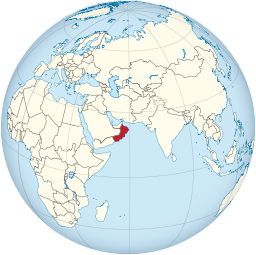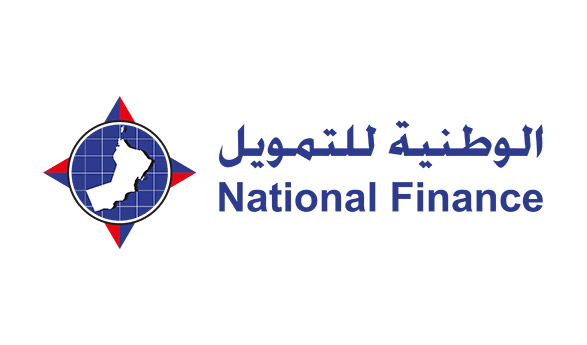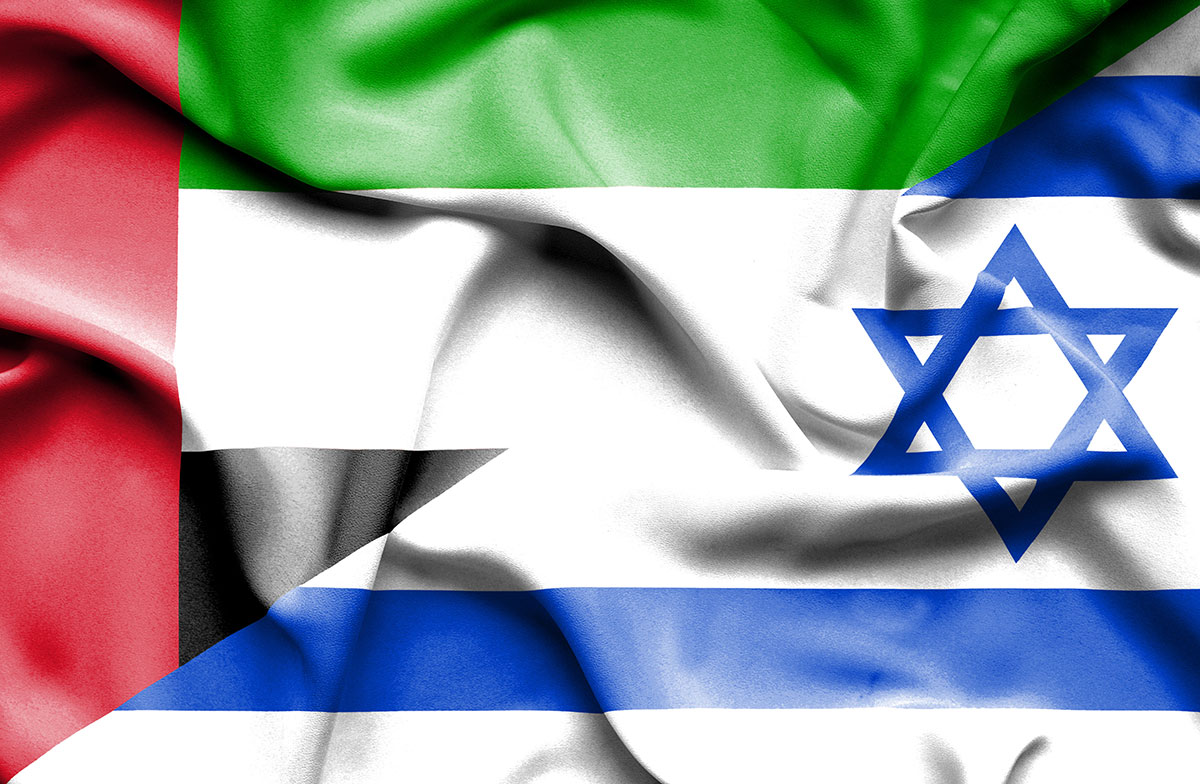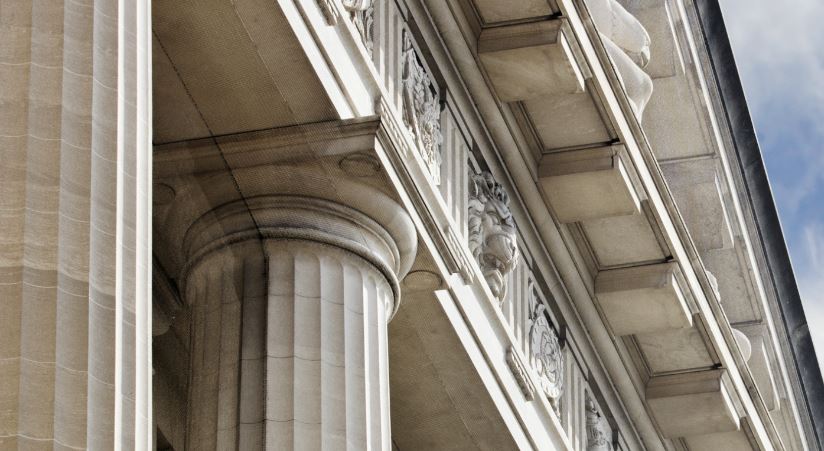[vc_row][vc_column width=”1/2″][vc_column_text]
Oman
Oman was the 67th largest economy in the world by nominal GDP in 2018. Its GDP per capita was $16,419 USD. It is situated on the south-eastern part of the Arabian Peninsula. Under the late Sultan, Qaboos bin Said al Said, the country was known for its important diplomatic role in the Middle East. Trade was at 108 percent of GDP in 2018. It was ranked 55th in the World Bank's Human Capital Index and 64th in the Economic Complexity Index in 2017. It is a member of the GCC. Services was the largest economic sector in 2018 (46.6 percent of GDP), followed by manufacturing (38.2 percent), and agriculture (2.2 percent). In 2017, the largest export sectors were minerals (62.72 percent), services (10.86 percent), chemicals (9.3 percent), metals (5.6 percent), and agriculture (4.8 percent). The largest individual exports were crude oil (41.15 percent), LNG (9 percent), refined petroleum (7.64 percent), travel and tourism (4.74 percent), and transport services (4.47 percent). Its largest export partners were China (38.6 percent), India (8.9 percent), South Korea (6.74 percent), the UAE (6.67 percent), and Japan (5.42 percent). The largest goods imports were machinery (17.2 percent), vehicles (15.6 percent), agriculture (14.29 percent), metals (11.58 percent), minerals (11.15 percent), and chemicals (11.06 percent). The capital of Oman, Muscat, was a key city on the maritime silk route since the 2nd century. After struggles with the Portuguese and the Ottomans between the 16th and 18th centuries, Oman emerged as a maritime power in the 18th century and established an empire that at its height stretched from modern day Pakistan to Zanzibar. In 1856, the empire was split between two heirs and in 1891 the Sultanate of Muscat and Oman became a British protectorate. The country entered the modern era with the discovery of oil in 1964 and the ascension of Sultan Qaboos, who replaced his father as Sultan in 1970. Qaboos modernised the country, building infrastructure and beginning efforts to diversify the economy from oil and gas. The fall in the oil price from 2014, have pushed Oman into fiscal deficit. In 2017, the government launched the Vision 2040 roadmap. The roadmap sets 13 economic and social goals, including the goal of "Economic Diversification and Fiscal Sustainability". Tourism, shipping, entrepreneurship and mining have been identified as key areas. In 2018, large new gas reserves were discovered in Mabrouk North East. Gas could eventually replace oil in terms of economic importance.
[/vc_column_text][vc_column_text] Its population in 2018 was 4,829,946 [1]
Its population in 2018 was 4,829,946 [1]
 In 2015, 0.00% of its total energy
In 2015, 0.00% of its total energy
consumption was renewable [2]
 In 2021, its GDP grew by 0.00% [2]
In 2021, its GDP grew by 0.00% [2]
 In 2021 it had a negative Current
In 2021 it had a negative Current
Account Balance of US$bn 3.08 [3]
 Its Expenditure on R&D (as a percentage of
Its Expenditure on R&D (as a percentage of
GDP) in 2020 was 0.37% [2]
 A Big Mac will set you back the
A Big Mac will set you back the
local equivalent of US$2.73 [4]
What free trade areas or economic unions is it a member of?
Member of the Cooperation Council for the Arab States of the Gulf (GCC) since 25/05/1981
Other members:
Bahrain, Kuwait, Qatar, Saudi Arabia, United Arab Emirates
What trade deals are there between Cooperation Council for the Arab States of the Gulf and other countries and economic unions?
Gulf Cooperation Council (GCC) - Singapore free trade agreement (from 01/11/2013)
EFTA - Gulf Cooperation Council (GCC) Free Trade Agreement (from 01/07/2014)
EFTA - Gulf Cooperation Council free trade agreement (from 01/07/2014)
[/vc_column_text][vc_column_text]What trade deals are there with other countries and economic unions?
Pan-Arab Free Trade Area (from 01/01/1998)
United States - Oman free trade agreement (from 01/01/2009)
[/vc_column_text][/vc_column][vc_column width=”1/2″][vc_column_text]National Finance: Enhancing Digital Capabilities
Middle East – Business Trumps Politics
Ann Low, National Defense University: Excellence in Government through User-Centric Design
Qatar Tops Per Capita Investment in Dubai Realty (AED 6.71 million), Followed by Oman, UAE, KSA, Germany, India and Britain
Trade with the United Kingdom
Source: UK Office for National Statistics, October 2022.
Contains public sector information licensed under the Open Government Licence v3.0.
Loading, Please Wait!
This may take a second or two.


















































































